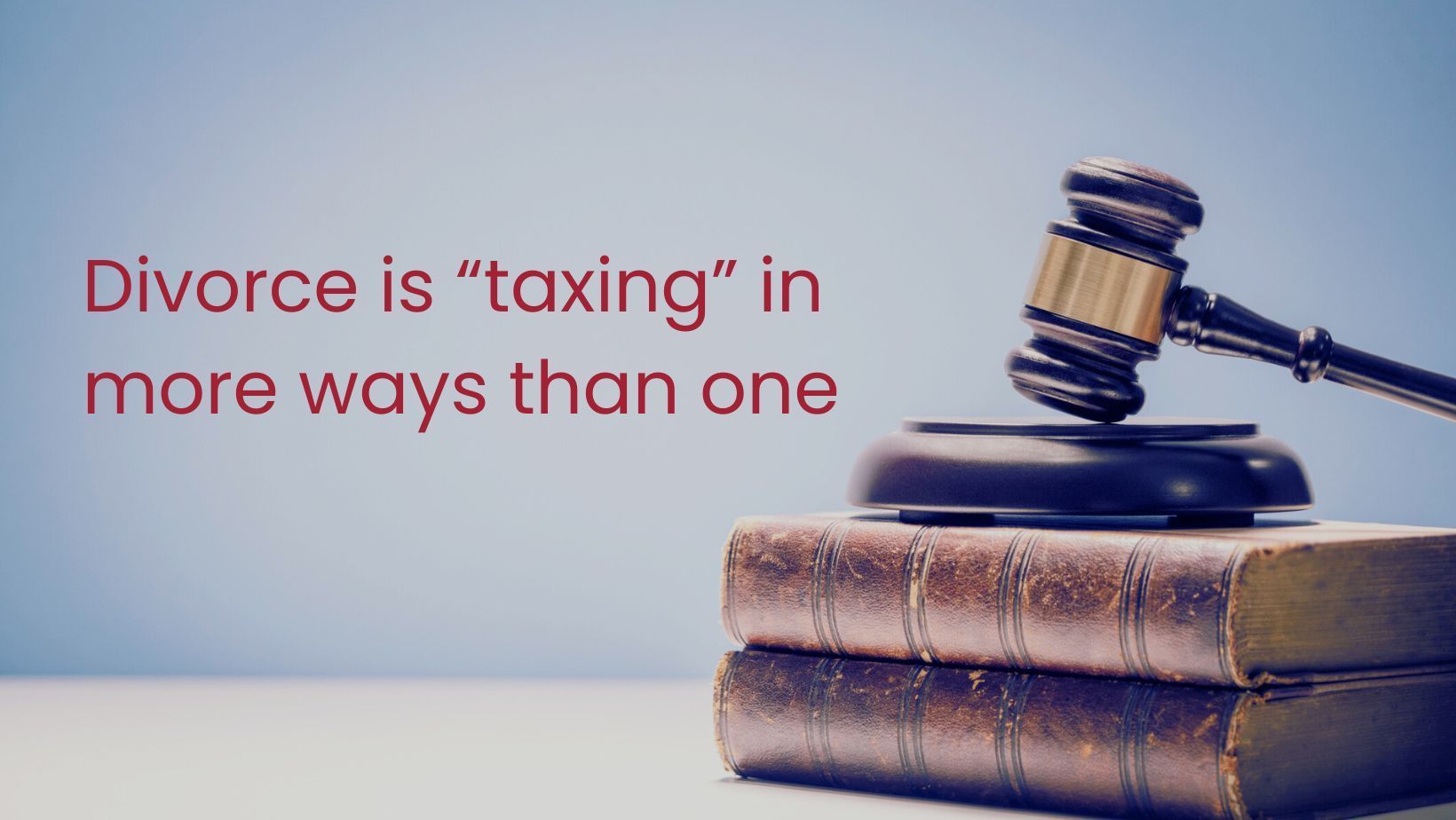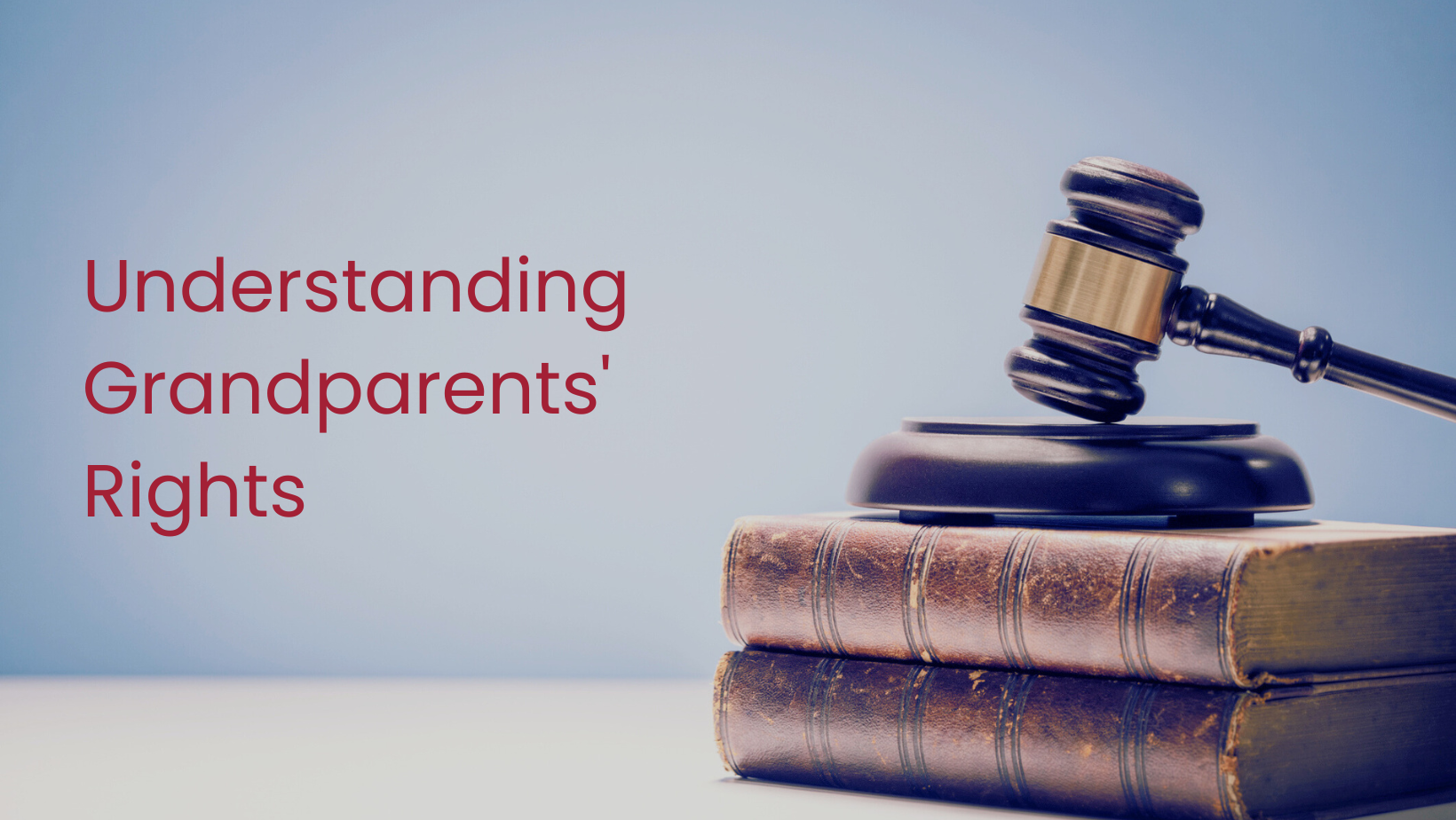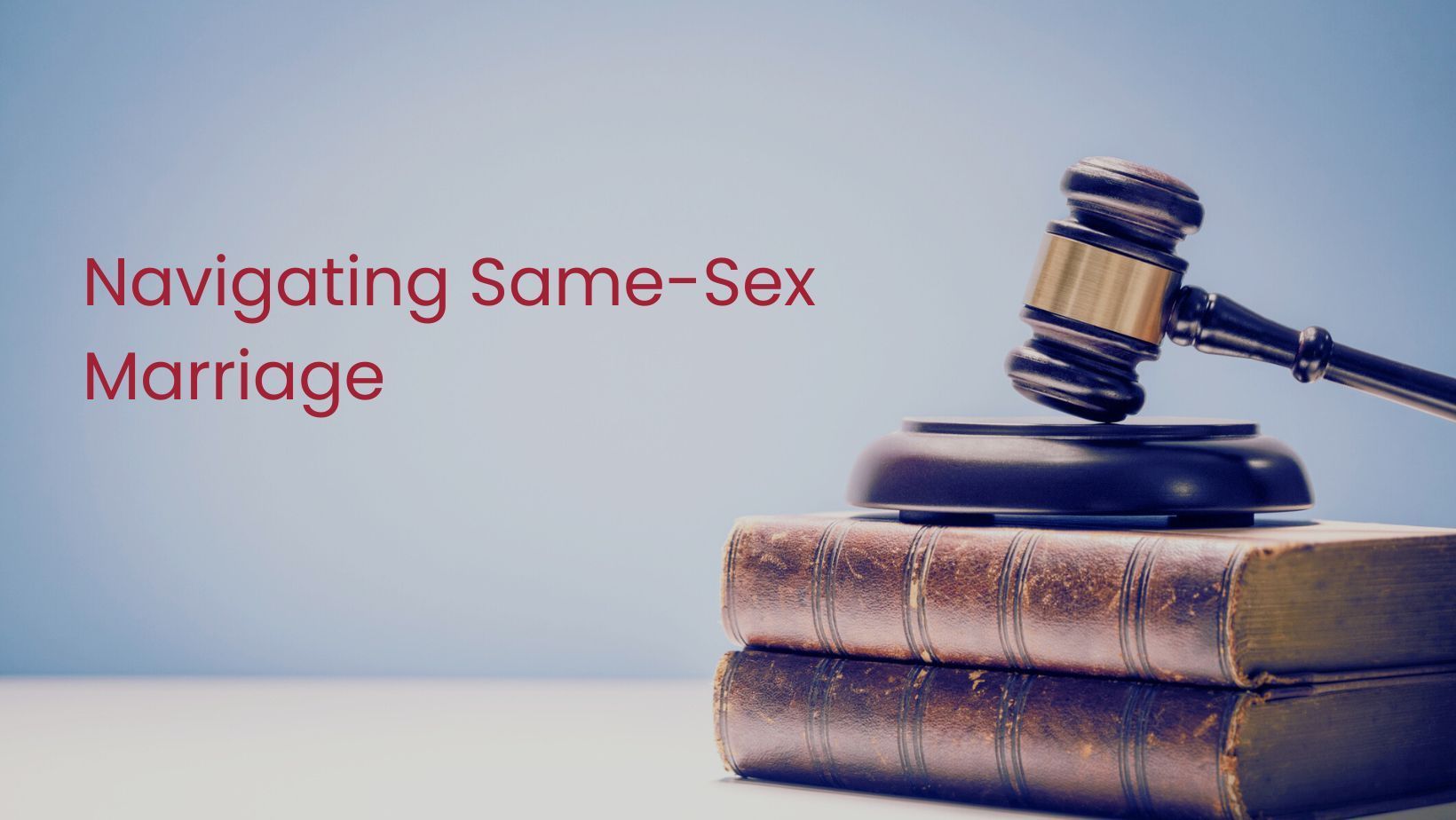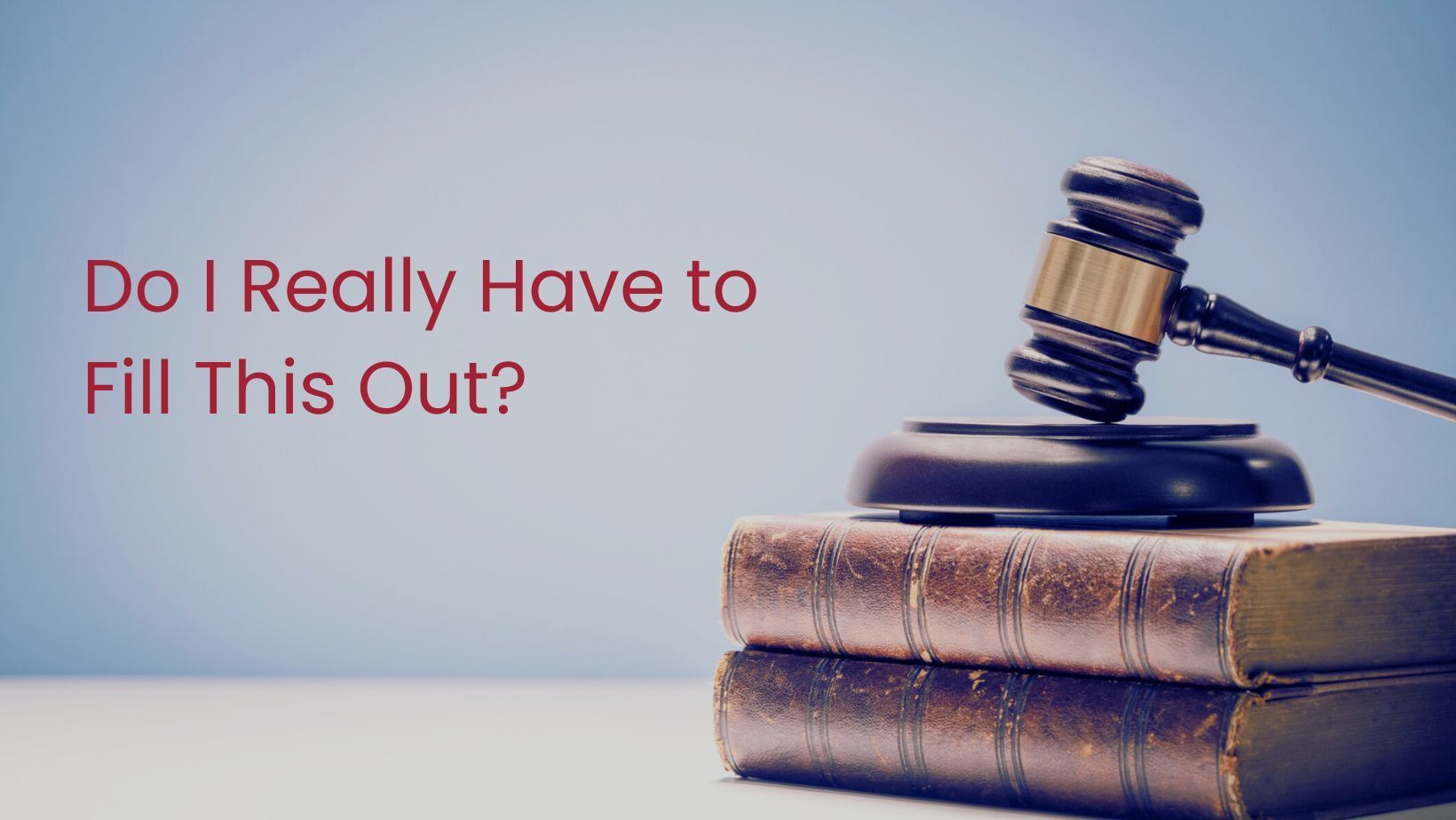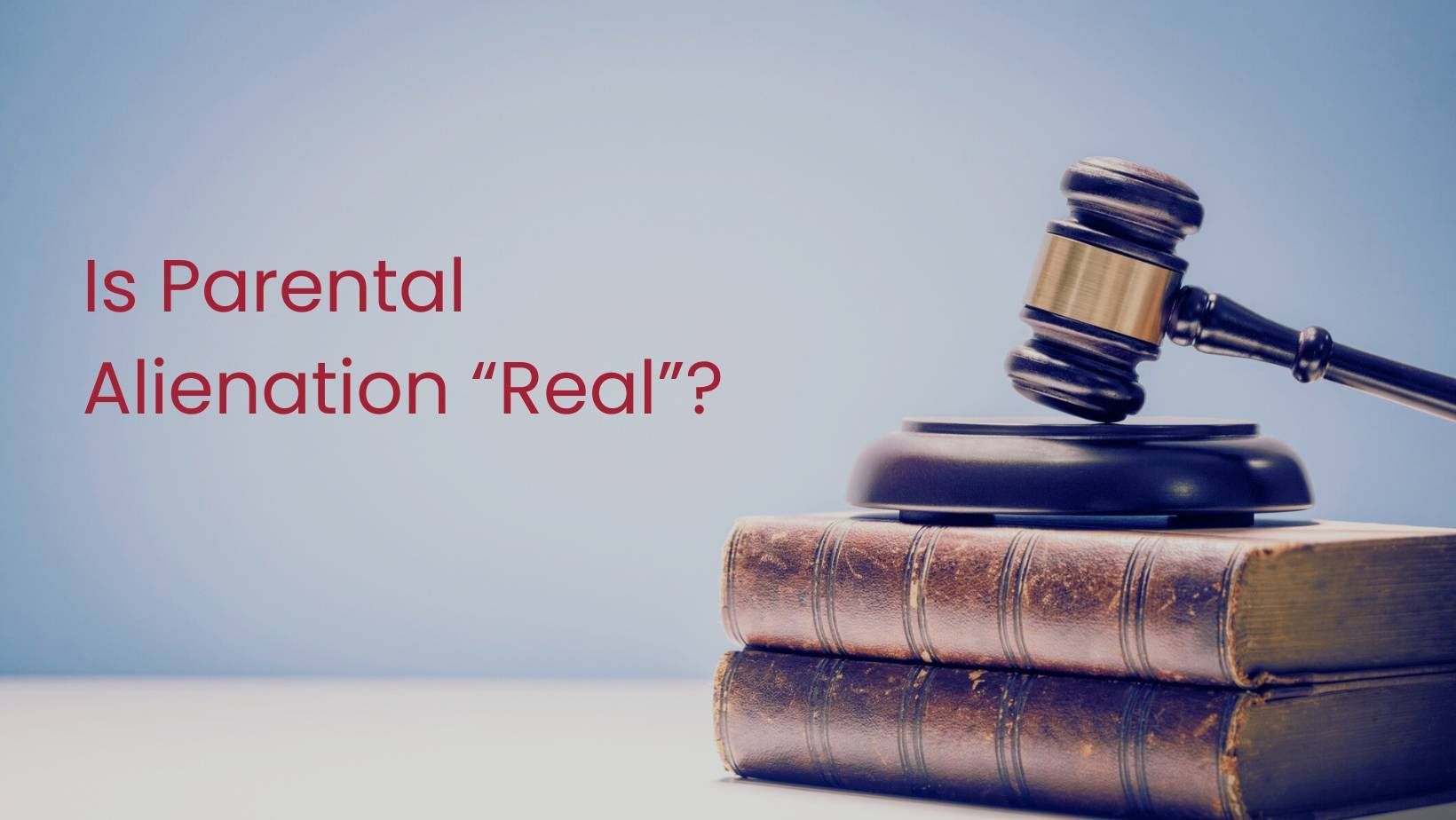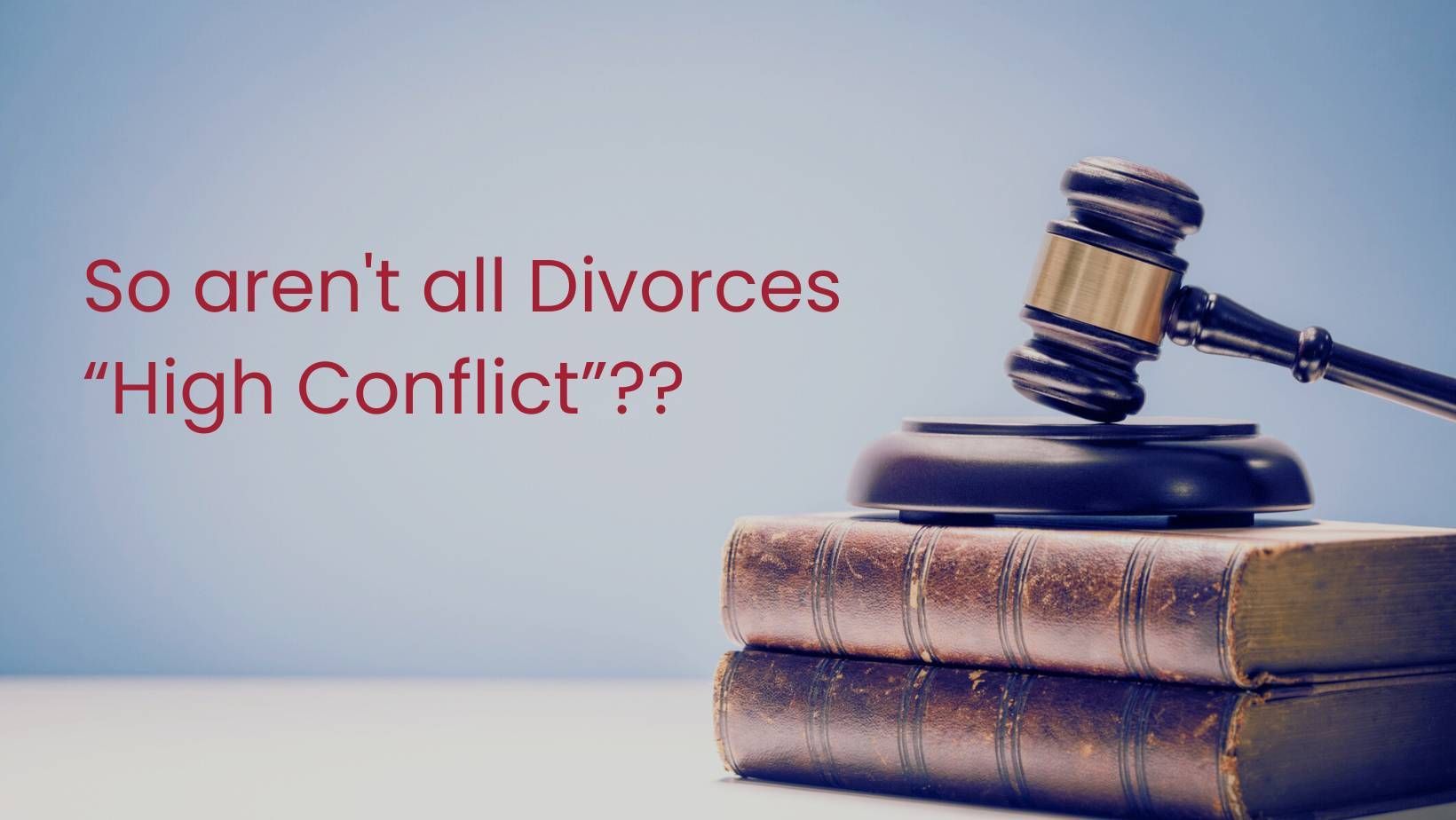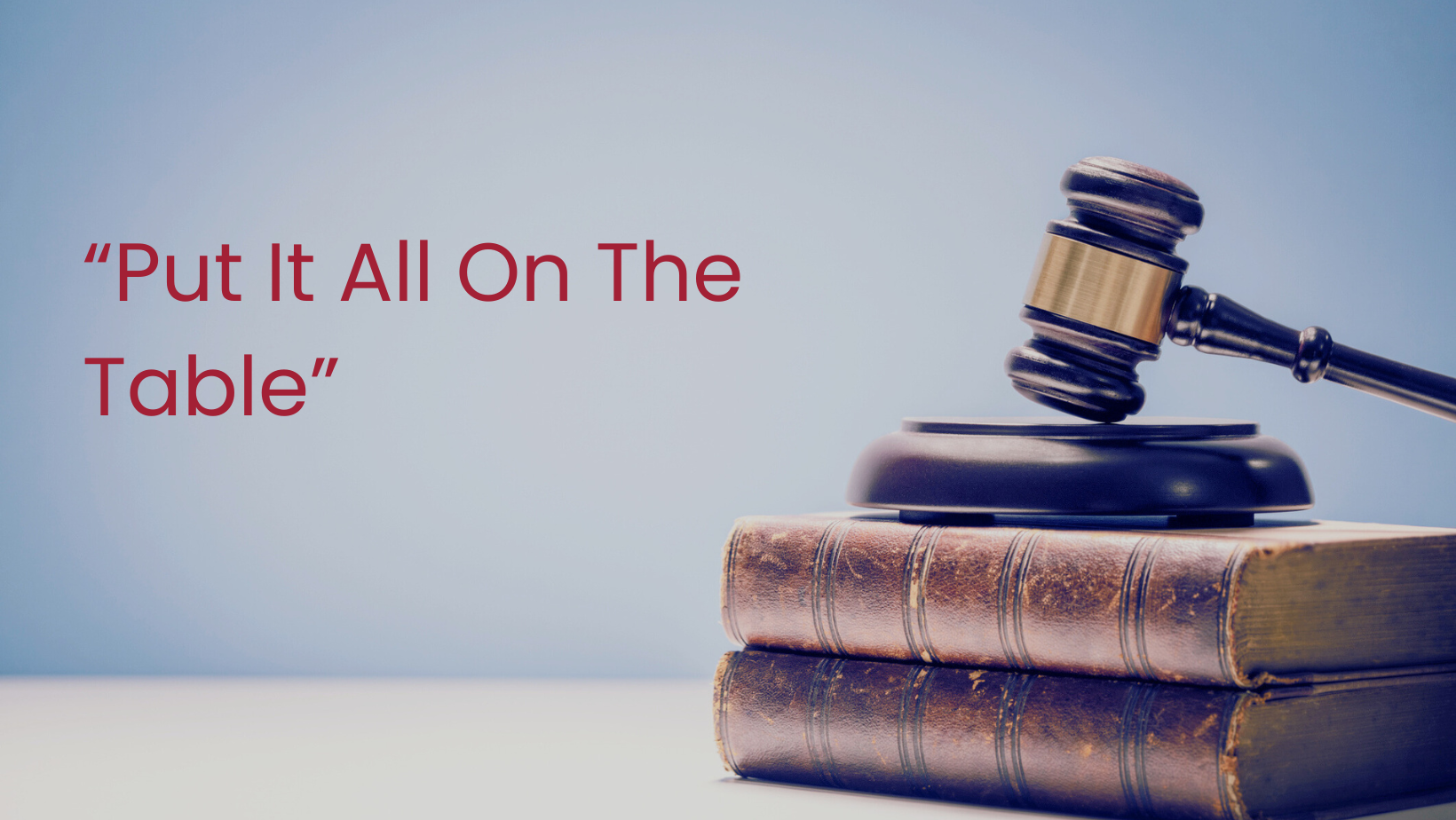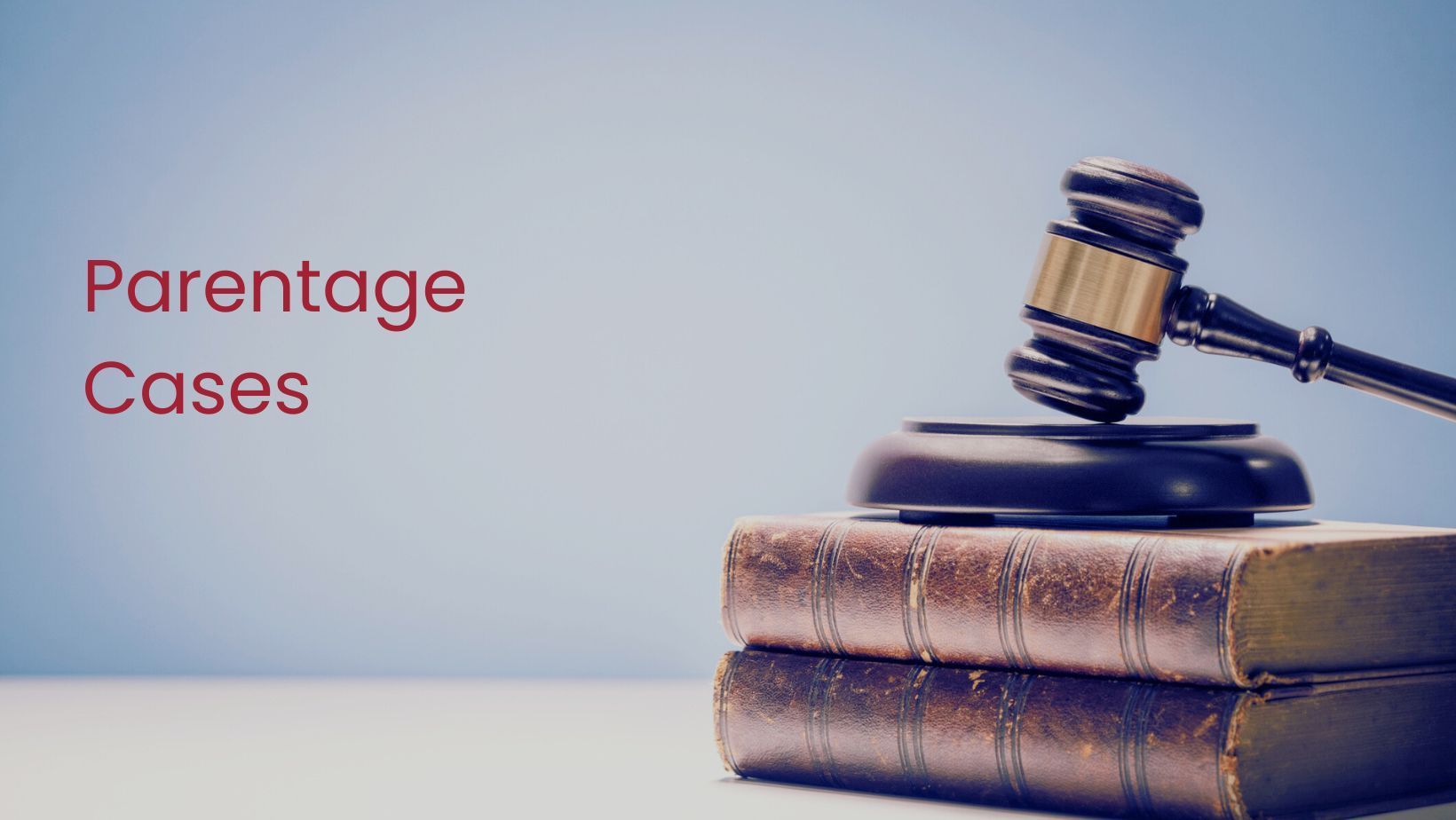COVID-19 Impact on Divorce Filings
- By Dan Gold, Esq.
- •
- 13 Apr, 2020
- •
A recent article in the Daily Mail carried the headline: “Divorce rates spike in China after ‘couples spend too much time together during Coronavirus home quarantine’ officials claim.”

In California and the rest of the US, people are asking “divorce” lawyers, like myself, the same question; will we see a rampant uptick in filings when the COVID-19 “lockdowns” end. My answer, having practiced for over 25 years, is maybe. A close reading of the article suggests we should not move too quickly to assume the cause from the effect. Courts have cut back on resources, and in some cases, closed. That has led to the inescapable conclusion there will be a backlog when the pandemic’s epic disruption subsides. One can also assume that couples delaying the inevitable end to a troubled marriage, already on the rocks, may be a reason there will be an uptick.
In the 2008-2009 financial meltdown, couples were financially compelled to stay under the same roof. Job losses combined with bank delays in moving forward with foreclosures made it very practical, if not advisable, for dysfunctional relationships to continue in a household where parties could live essentially “rent/mortgage” free waiting for the bank to take possession. Even if wanting to hire counsel to move forward with divorces at that time, were unable to do so. In many cases, couples stayed until they could afford to part, and have some equity.
The more immediate concern is that this downturn presents very different challenges than the 2008 financial meltdown. This pandemic response presents substantially less opportunities for escape: vacations, sporting events, and other seasonal events are non-existent. Couples must rely on each other for emotional support. When tensions do rise, there are very few escape valves, and a truly abusive relationship will reach its boiling point. Increased domestic violence may result.
“The Great Shutdown of 2020” as history will record it, will not turn good relationships bad or drive healthy marriages toward their end. It will, sadly, drive dysfunctional unions over the cliff. People in this situation will need help; they will need resources and wise guidance when we go back to a changed social and cultural landscape.